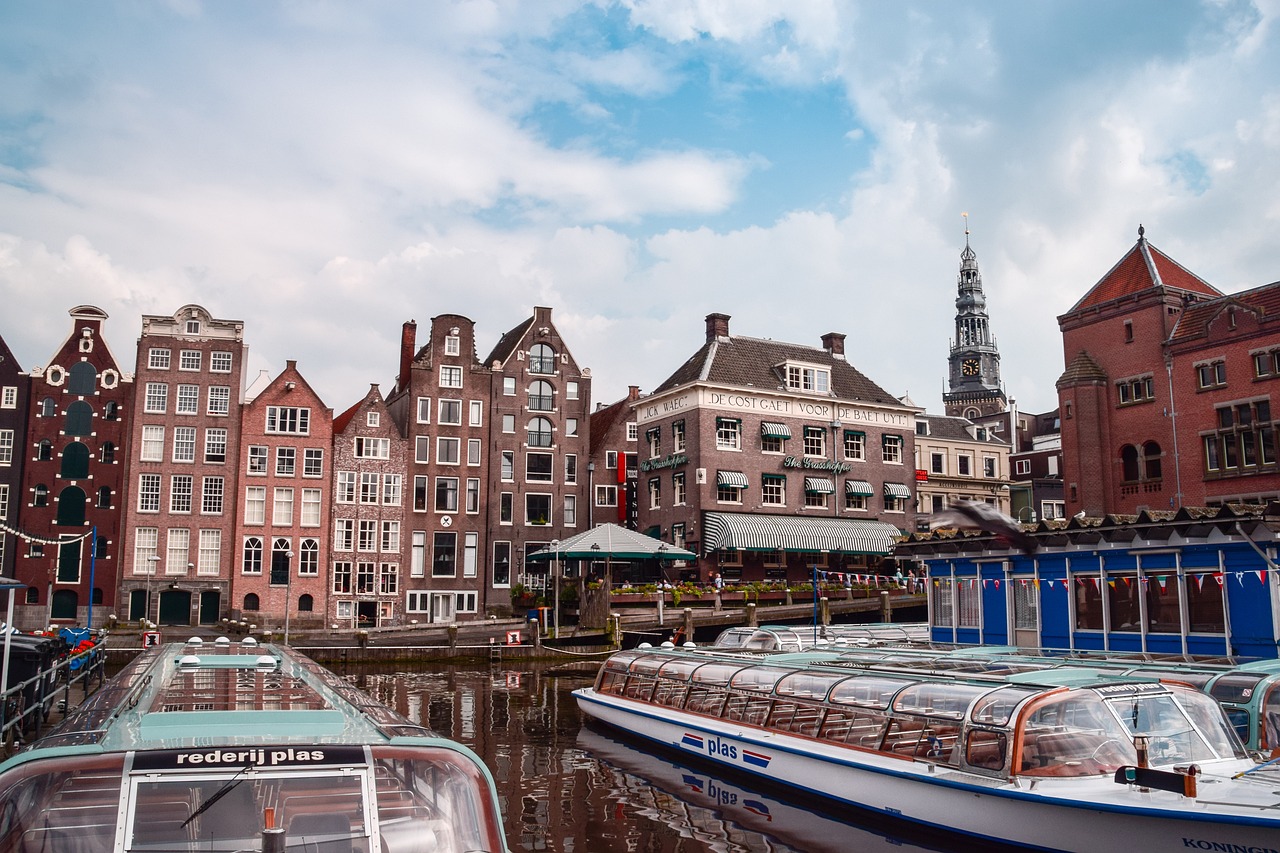Destination management requires better anchoring of recreation and tourism in administrative instruments
Almost daily, news media report on the dilemmas of Dutch governments and entrepreneurs when it comes to managing the growth and spread of tourism. We see discussions about responsible amounts of flights at Schiphol Airport, about the contribution that shrinkage and growth in the number of hotel rooms and Airbnb's can have on liveability in various municipalities and about the balance in space use for nature, housing, recreation, tourism and the agricultural sector. In other words, the Netherlands is struggling with the physical, social and legal limits to growth that the Club of Rome warned us about back in the 1970s.
In recent decades, the emphasis in government policy has mostly been on tourism development based on the idea that economic progress would automatically lead to more prosperity for everyone in the Netherlands. Meanwhile, we see that this is not always the case. Much of the money earned in tourism flows away to shareholders and companies outside the destination, while salaries for employees are still low. Liveability is under pressure both in Amsterdam and in small municipalities in South Limburg, Groningen and Zeeland, for example, as economic development has led to growth in cities and fewer amenities and fewer young people in smaller municipalities.
Tourism and recreation definitely have the potential to contribute to liveability in a positive way, but this requires steering, stimulation and intensive cooperation between governments, between entrepreneurs and governments, and between entrepreneurs and local organisations. In recent decades, initial steps have been taken there through destination marketing organisations (DMOs), among others. Now there has been a move towards destination management and development. This is well reflected in memos such as NBTC's Perspective 2030, the Destination Management Guide, CELTH's Conscious Destinations Agenda and related local and regional tourism visions. These wonderful future images and vistas are developed together with entrepreneurs, experts and local stakeholders but in the day-to-day reality in which entrepreneurs simultaneously cooperate and compete to earn a living, a lot still needs to be done to realise these visions. The administrative instruments of environmental visions, zoning plans, licensing & enforcement, investments and subsidies are often not optimally used to steer desired developments. In other words, the organisational gen is not yet sufficiently developed to arrive at (mandate for) sustainable and productive coalitions of public and private partners.
Moreover, if destination management and development have to contribute to the quality of life and the quality of the physical environment, this requires coordination with other policy fields such as spatial planning, the environment, housing, culture, social affairs and mobility, where entirely different issues are at the top of the agenda. Tourism, hospitality and recreation often fall into the cracks between those policy fields or form a final piece or footnote in the planning process because the sector does not have a clear voice at the table and the importance of leisure in an economic and social sense is recognised only to a limited extent. More than 30 years ago, Professor Hans Mommaas already advocated a leisure and tourism ministry. The same Hans Mommaas who recently stepped down as director of the Netherlands Environmental Assessment Agency (PBL) and in that capacity regularly pointed out to the government the physical, planning, climatic and legal limits of the Netherlands when it comes to space for nature, agriculture, housing and recreation. Zoning management thus requires conscious, smart and well-considered choices in which not growth but synergy should be used as a means to achieve social goals.
Stefan Hartman heads the European Tourism Futures Institute (ETFI). At CELTH, Hartman is theme manager 'Organisational Capability'.
Bert Smit is a lecturer and researcher at BUas and CELTH, where he is affiliated with the Organisational Capability theme.



